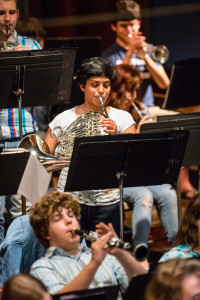 How many times have we heard from adults that they wish their parents didn’t allow them to quit their musical instrument when they were younger?
How many times have we heard from adults that they wish their parents didn’t allow them to quit their musical instrument when they were younger?
There comes a time in a large percentage of music students’ lives when they want to quit their instrument — and more often than not, parents allow them to do it. But is the child quitting … or is the parent?
I remember wanting to quit the trombone when I was in middle school. Honestly, it’s hard to remember why. It could have been peer pressure, boredom, or something else — but I had my mind made up. I shudder to think of what my life would be like now if my mother had decided to quit as well and give in to my pleas.
Ultimately, it is important to understand that when it comes to music education and other transformative activities that require some grit in order to succeed, most children go through a period of time where they must succeed despite themselves. They must be encouraged and supported through the tough times, not given a pass. It is only at a certain point that children — and parents — can make an informed decision to quit their musical instrument, and that point is usually much later, not sooner, than one may think.
Here are a few ways that parents are the ones that quit music instruction, and some thoughts on overcoming the tough times with our children that are bound to occur:






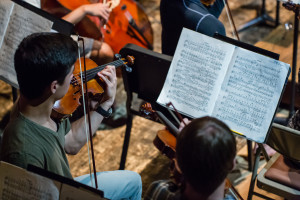
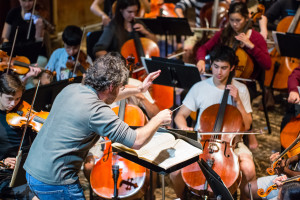
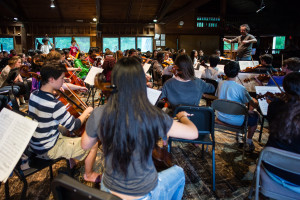
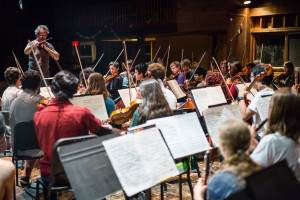
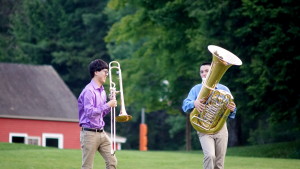
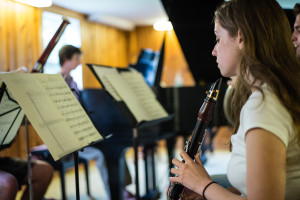
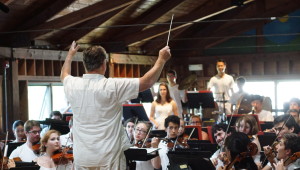
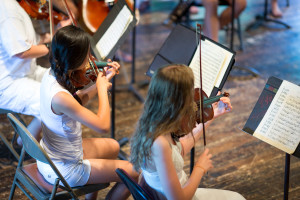
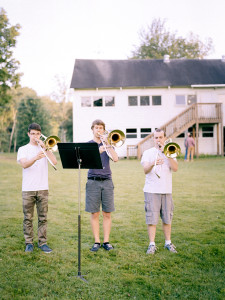

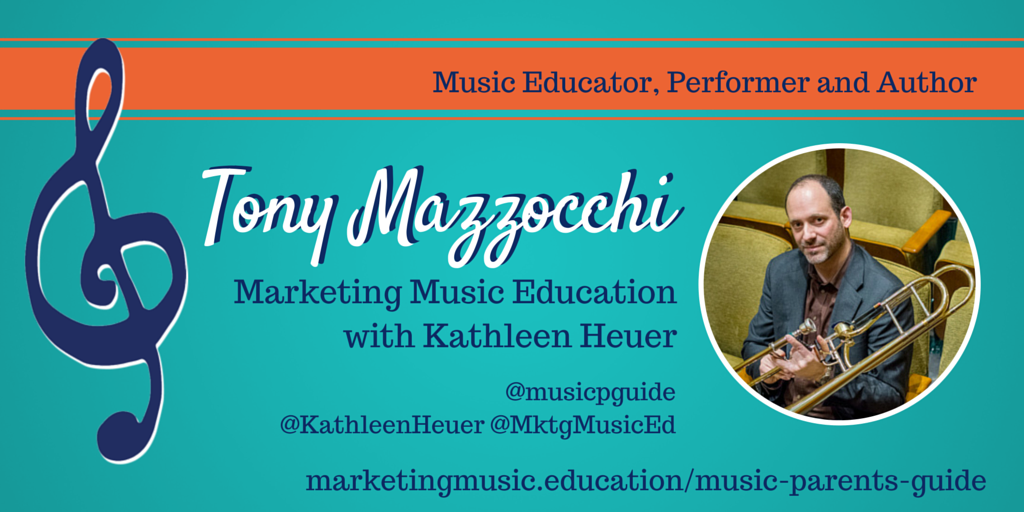
Recent Comments